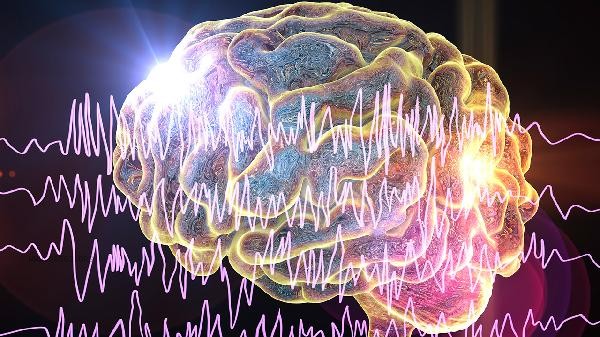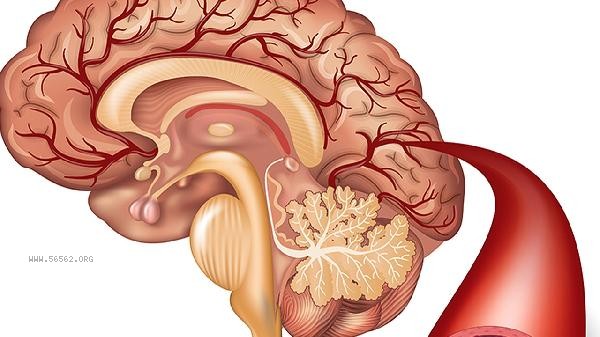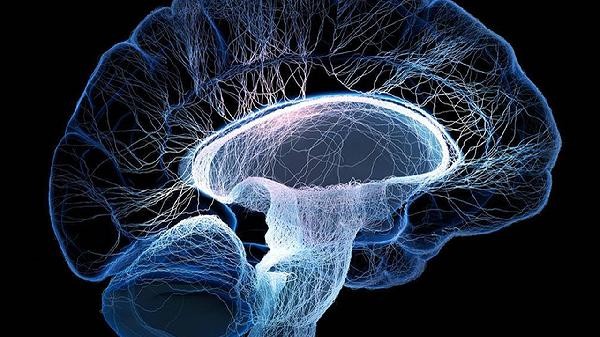The inability of the brain to stop and overthink may be related to anxiety, excessive fatigue, neurotransmitter imbalance, compulsive thinking, or post-traumatic stress response. Long term persistence requires vigilance against psychological disorders such as anxiety and depression. It is recommended to intervene through mindfulness training, cognitive behavioral adjustment, and regular sleep patterns.

1. Anxiety
When an individual faces a stressful event, the brain continuously activates the alert system, causing the mind to be unable to stop functioning. This state is common in situations such as job evaluations and tense interpersonal relationships, accompanied by physiological reactions such as palpitations and sweating. It can be relieved through abdominal breathing training, and daily practice can help reduce amygdala overactivity.
2. Excessive fatigue
Lack of sleep or long-term overuse of the brain can lead to a decline in the function of the prefrontal cortex, losing its ability to inhibit the default mode network. Manifested as repeatedly recalling daytime scenes or fictionalizing future scenes before bedtime. It is suggested to establish a fixed sleep ceremony, avoid using electronic equipment before sleep, and take traditional Chinese patent medicines and simple preparations such as Anshen Bunao Ye for a short time if necessary.
3. Neurotransmitter imbalance
Abnormal levels of dopamine and norepinephrine may lead to mental runaway, commonly seen in the early stages of manic episodes in bipolar disorder. Patients often describe having multiple channels playing simultaneously in their minds, which can be detected by EEG to observe whether there is an abnormal increase in beta waves. Mood stabilizers should be used for regulation under the guidance of a psychiatrist.

4. Compulsive thinking
Uncontrolled repetition of specific thoughts is a core symptom of obsessive-compulsive disorder, usually accompanied by ritual behavior. Patients are aware that their thoughts are meaningless but unable to stop, often exhibiting repeated doubts and catastrophic associations. Exposure response prevention therapy combined with drugs such as fluoxetine hydrochloride can effectively improve symptoms.
5. Post traumatic stress
Major traumatic events can cause memory fragments to flash back in consciousness, forming invasive thinking. If this state persists for more than a month, post-traumatic stress disorder should be considered, manifested as increased alertness and avoidance behavior. Eye movement desensitization and reprocessing therapy combined with drugs such as paroxetine have good therapeutic effects.

It is recommended to maintain moderate daily exercise such as walking or brisk walking to promote the secretion of brain-derived neurotrophic factors. Diet can increase the intake of deep-sea fish rich in omega-3 fatty acids and avoid excessive caffeine intake. Establish a mind log to distinguish between facts and imagination. When accompanied by sustained emotional distress or impaired social functioning, seek professional help from a psychotherapist in a timely manner. Continuous excitement at night can be tried with progressive muscle relaxation training, which involves contracting and relaxing from the toes to the scalp in different areas, combined with the 4-7-8 breathing technique to help fall asleep.








Comments (0)
Leave a Comment
No comments yet
Be the first to share your thoughts!